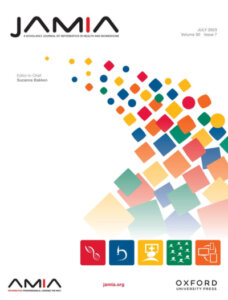 Pragmatic research is vulnerable to biases due to differences in data capture and access to care for different subsets of the population, which, if left unaddressed, can propagate inequities in health and the healthcare system.
Pragmatic research is vulnerable to biases due to differences in data capture and access to care for different subsets of the population, which, if left unaddressed, can propagate inequities in health and the healthcare system.
In a new article published online ahead of print in JAMIA, the NIH Pragmatic Trials Collaboratory’s Trial teams reflect on the health equity challenges encountered by their trials and share the specific strategies they used to mitigate sources of potential bias and increase the generalizability of research results.
“Biased results and poor generalizability can occur because detailed information about specific populations is missing, and critically, is missing not at random: these data are disproportionately missing in diverse and underserved populations,” the authors cautioned.
The NIH Collaboratory Trials are implementing approaches designed to detect and mitigate sources of bias, to ensure inclusion and retention of underrepresented populations, and to enable the complete collection of data that can help identify and support measurement of health inequities.
“By improving data capture, access to care, and patient technology support, ePCTs hold the potential to yield insights and estimates pertinent to the entire population, not just a subset of the population,” they wrote.
This work was a collaboration between the Health Equity Core, the EHR Core, and the Patient-Centered Outcomes Core of the NIH Pragmatic Trials Collaboratory.


